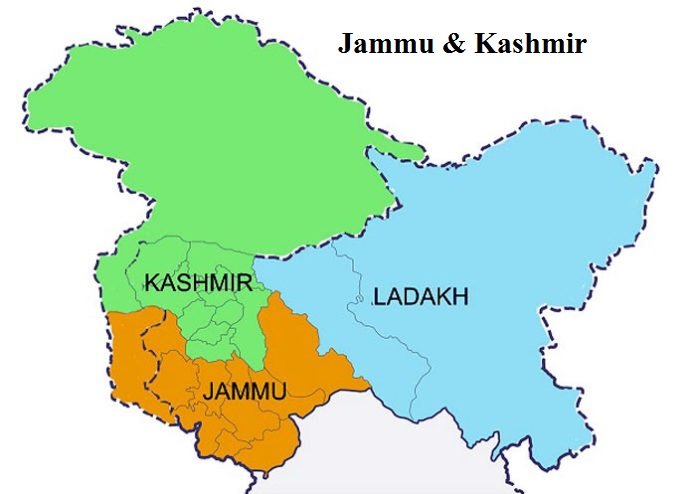Jammu and Kashmir Resident, In the current national discourse surrounding Jammu and Kashmir, the focal point revolves around the definition of “people” and their associated rights. Deliberations in Parliament, the Supreme Court, and among the general public underscore the critical need for a clear understanding of terms such as “state subjects,” “permanent residents,” and “domiciles.”
1927 and the Maharaja’s Order
During the reign of Maharaja Hari Singh in 1927, the term “state subjects” was formally introduced, categorizing inhabitants into four classes based on factors like birth, residence, settlement, and property ownership.
This classification aimed to determine eligibility for various privileges and benefits within the princely state.
State Subjects Abroad and Foreign Nationals: 1932 Directive
In 1932, Maharaja Hari Singh issued an additional decree addressing the status of Jammu and Kashmir state subjects residing abroad. This directive outlined conditions for recognizing emigrants and their descendants as state subjects, including regulations for foreign nationals in J&K. It imposed restrictions on their acquisition of state nationality until the age of 18 and specified conditions for property ownership.
Constitutional Evolution Jammu and Kashmir
The year 1956 witnessed the Constituent Assembly of Jammu and Kashmir adopting a distinct constitution, reshaping the definition of “state subjects” into “permanent residents.” This constitutional transition linked permanent residency to citizenship under the Indian Constitution and established specific criteria for residency and property ownership.
Also Read | All About Khelo India Para Games 2023 |
Challenges to Women’s Status
Post-constitution, a significant legal dispute emerged in 2003 concerning the status of women marrying non-permanent residents. The High Court’s verdict and subsequent legislative measures by the Mufti government in 2004 aimed to address the complexities of women losing permanent resident status upon marriage to non-permanent residents.
Post-2019 Transformation
Following the 2019 amendments to Article 370 and the division of J&K into Union Territories, the term “permanent residents” underwent another change, now identified as “domiciles.” The revised criteria enable individuals to qualify based on factors such as residency, education, registration as migrants, and familial ties to government officials who served in J&K.
